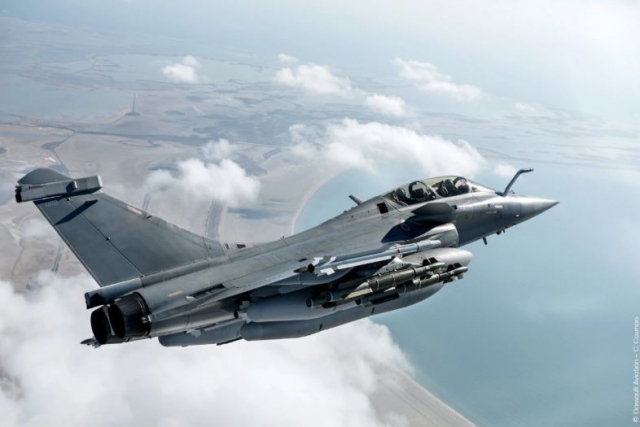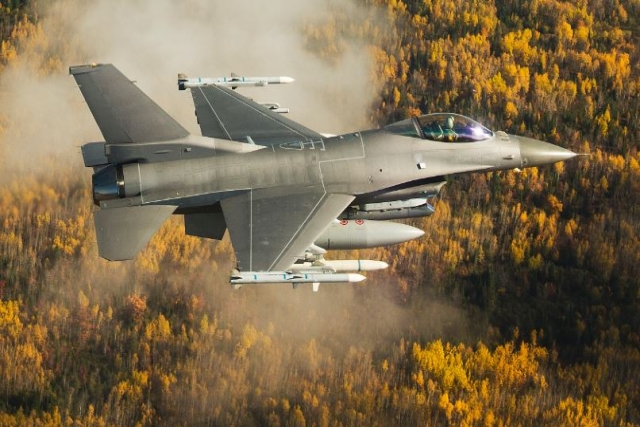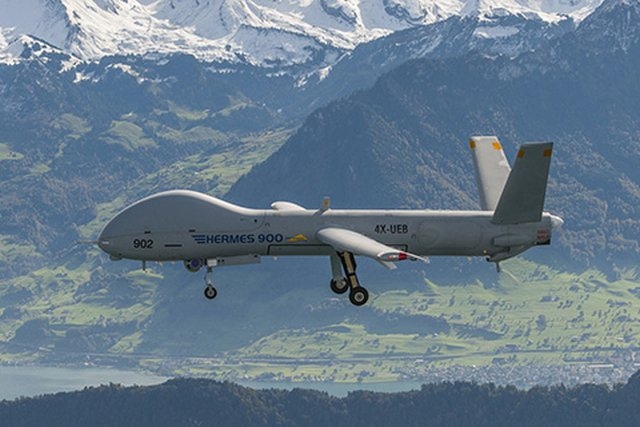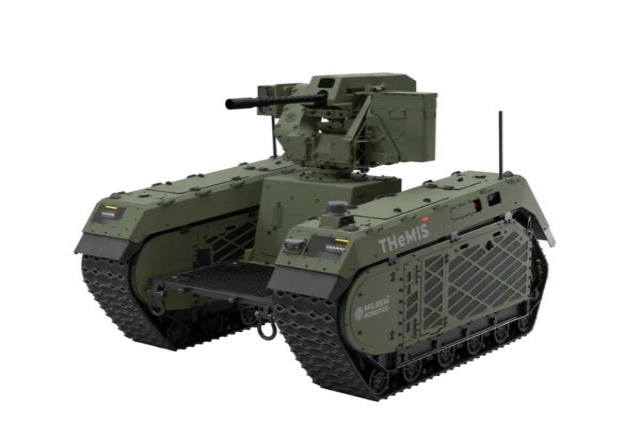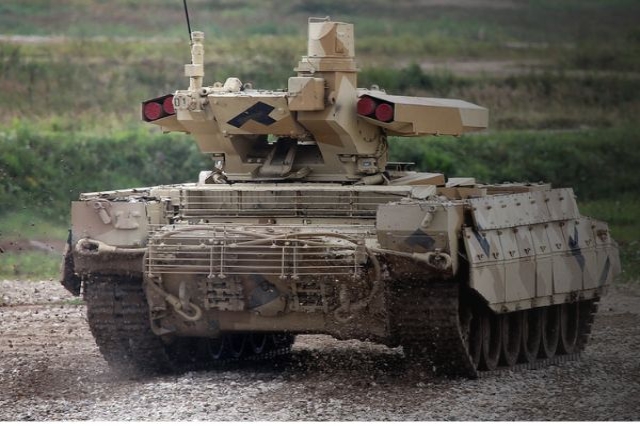Dassault Aviation to Support French Mirage 2000 Fighters
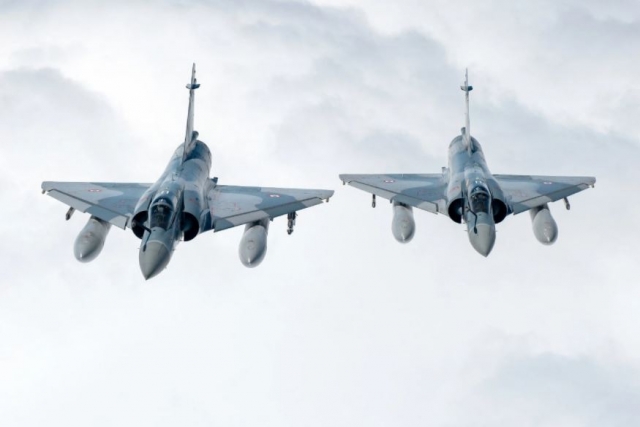
The French Ministry of the Armed Forces’ Directorate of Aeronautical Maintenance (DMAé) recently awarded Dassault Aviation a contract to support the Mirage 2000 fleet of the French Air and Space Force (FASF).
Covering a period of 14 years, the BALZAC contract includes all maintenance activities for the French Mirage 2000s until their retirement. Engine maintenance and the services provided by the SIAé (Service Industriel de l’Aéronautique) are the subject of separate contracts.
“BALZAC follows on from the RAVEL maintenance contract for the Rafale, which was awarded in May 2019 for a period of 10 years, as well as the OCEAN maintenance contract for the Atlantique 2 maritime patrol aircraft for 10 years too. Our expertise as an industrial architect and complex systems integrator enable us to take on contracts of this type. We are very honored by this new expression of trust by the French Ministry of the Armed Forces,” said Eric Trappier, Chairman and CEO of Dassault Aviation.
Dassault Aviation thus becomes responsible for maintenance of almost all the equipment on the B/C, -5 and D versions of the Mirage 2000 (including those which have undergone a mid-life update, previously covered by some 15 separate contracts, along the same lines as the Rafale and ATL2 verticalized maintenance contracts. The scope covers all electronic systems, in particular those produced by Thales. It also includes enhanced technical and logistics services, including a one-stop logistics center at Luxeuil and Nancy Air Bases, a Dassault Aviation presence in the AIA (Atelier industriel de l’aéronautique – aeronautical industrial workshop) in Clermont-Ferrand, out-sourcing of certain NTI2 workshops and end-of-life management of all equipment in order to optimize maintenance costs.
Concerning management of maintenance activities, all stakeholders will have access to a Mirage 2000 aircraft support management information system derived from the OPTIMAL IS being developed for the Rafale under the RAVEL contract. This digital continuity optimizes the consistency of reference documentation and the fluidity of exchanges, and enables the company to meet its aircraft availability commitments over the long term.
